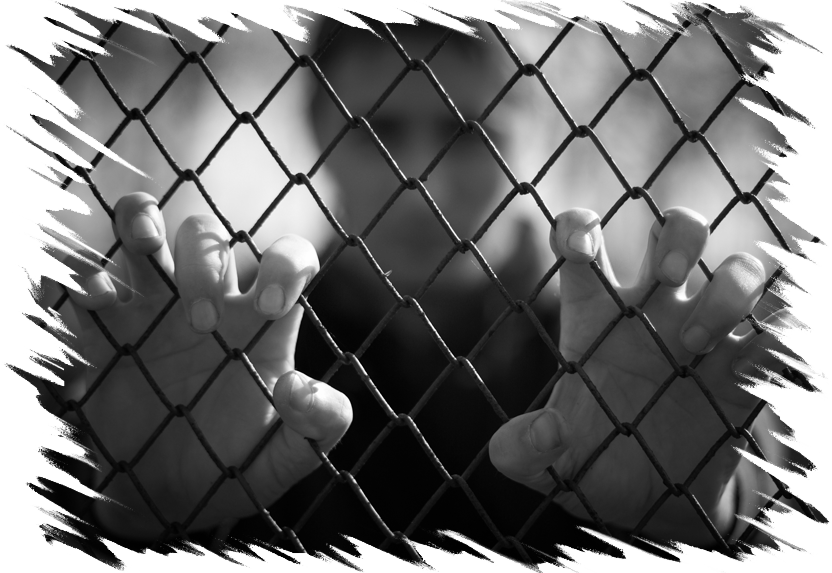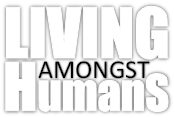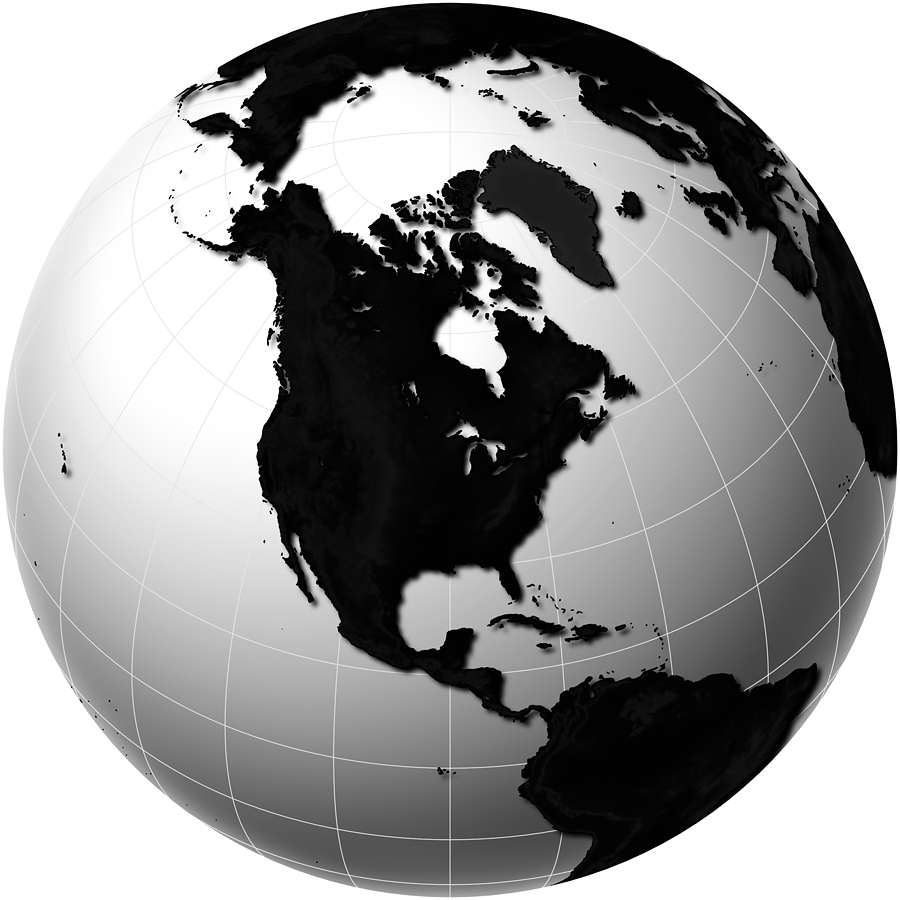 I had a boy nobody knew about: a feeble autistic child. I was barely an adult myself when I put him away. I had no options. And I told no one what I did.
I had a boy nobody knew about: a feeble autistic child. I was barely an adult myself when I put him away. I had no options. And I told no one what I did.
My boy avoided people. He would slip off to the basement, hiding in the narrow space behind the furnace, comforted by solitude and constriction. He barely ate. He rarely spoke. I knew my rail thin, silent child was not made for this world. To protect him — from himself and others — I found a place for him behind thick walls.
He was isolated, but safeguarded. It was the best solution I could come up with.
The years passed while I kept my dark secret. I would lie awake at night, picturing the young boy,


 I study humans as a matter of survival. I need to understand how humans work, because I live in a world full of them. I notice things about them that they don’t recognize themselves. For example, humans define boundaries. It’s how they make sense of the world, how they organize it, how they pigeonhole all of its myriad bits.
I study humans as a matter of survival. I need to understand how humans work, because I live in a world full of them. I notice things about them that they don’t recognize themselves. For example, humans define boundaries. It’s how they make sense of the world, how they organize it, how they pigeonhole all of its myriad bits.